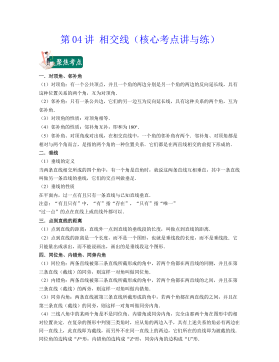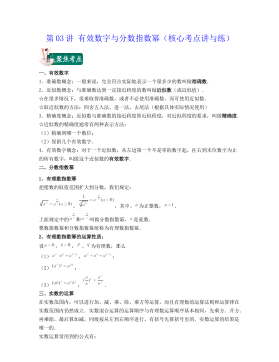虚拟团队(VT)激励管理的新视角——幸福契约的理论与实证研究
浙江财经学院硕士学位论文I摘要本文期望围绕“幸福契约”这一新概念,构建一个新的组织激励理论体系。研究出发点源于知识经济时代下虚拟团队(VT)激励的理论与实践问题。理论方面,整个20世纪是激励理论在各个学科(特别是经济学与管理学)领域不断发展壮大的世纪。面临着新的时代背景,我们需要不断针对发现的新问题而提炼出一些新的理论与方法。因此,考虑到以往每种激励理论都具备其特有价值,梳理并综合各种理论发展脉络与演进趋势便成为当前组织(如虚拟组织)激励理论研究的重要内容。实践方面,在紧张忙碌的、快速节奏的工作环境下,企业组织的经理与员工很难有时间认真地、彻底地去全面思考组织/团队最终将向何处去的终极目的性问...
相关推荐
-
10KV电网D-SCADA 系统信息采集与故障诊断研究与设计VIP免费
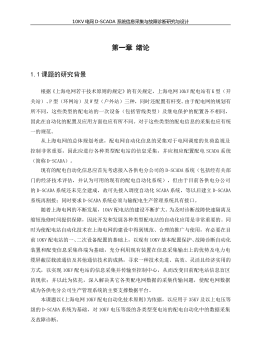
 2024-10-14 20
2024-10-14 20 -
方形吸顶散流器平送风等温射流特性研究VIP免费
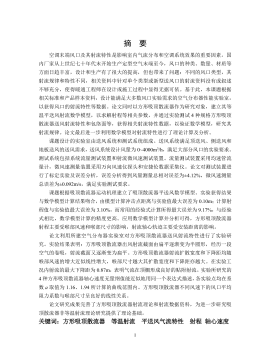
 2025-01-09 6
2025-01-09 6 -
关于充液声导波传感器中频散兰姆波的研究VIP免费
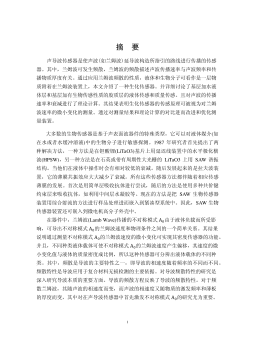
 2025-01-09 6
2025-01-09 6 -
结合梁斜拉桥施工过程中考虑剪力滞影响的分析方法VIP免费

 2025-01-09 6
2025-01-09 6 -
空调房间热舒适性的数值模拟与实验研究VIP免费
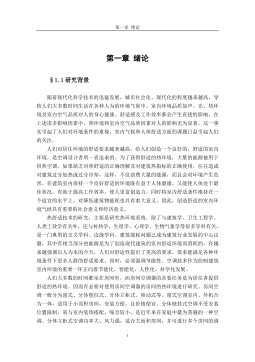
 2025-01-09 7
2025-01-09 7 -
汽车前轮线控转向系统研究VIP免费
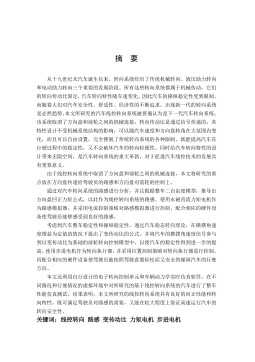
 2025-01-09 8
2025-01-09 8 -
输入分配型混合动力车辆动力系统控制策略研究VIP免费
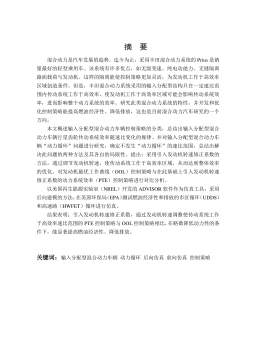
 2025-01-09 7
2025-01-09 7 -
双馈风力发电系统的柔性并网控制研VIP免费
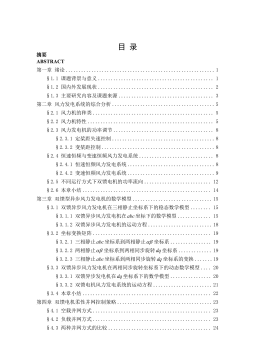
 2025-01-09 8
2025-01-09 8 -
污水处理厂污泥好氧堆肥发酵技术的试验研究VIP免费
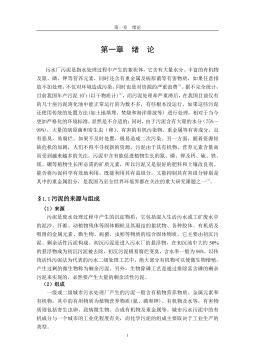
 2025-01-09 7
2025-01-09 7 -
应用风室试验装置的风机性能VIP免费
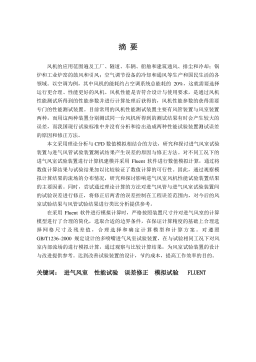
 2025-01-09 8
2025-01-09 8
作者详情
相关内容
-

汽车前轮线控转向系统研究
分类:高等教育资料
时间:2025-01-09
标签:无
格式:PDF
价格:15 积分
-

输入分配型混合动力车辆动力系统控制策略研究
分类:高等教育资料
时间:2025-01-09
标签:无
格式:PDF
价格:15 积分
-

双馈风力发电系统的柔性并网控制研
分类:高等教育资料
时间:2025-01-09
标签:无
格式:PDF
价格:15 积分
-

污水处理厂污泥好氧堆肥发酵技术的试验研究
分类:高等教育资料
时间:2025-01-09
标签:无
格式:PDF
价格:15 积分
-

应用风室试验装置的风机性能
分类:高等教育资料
时间:2025-01-09
标签:无
格式:PDF
价格:15 积分


